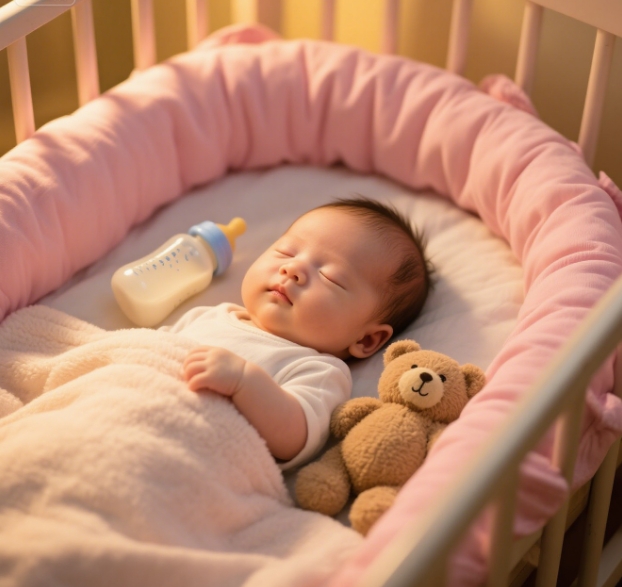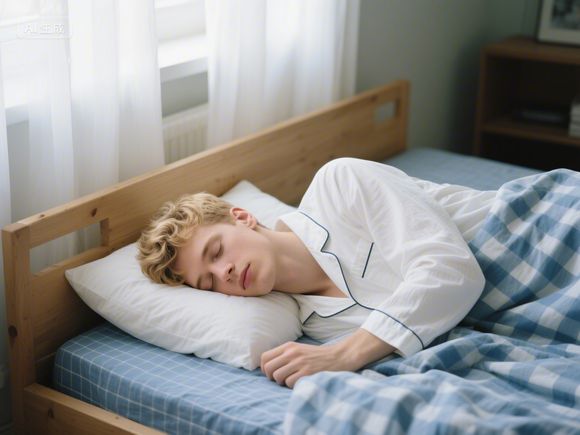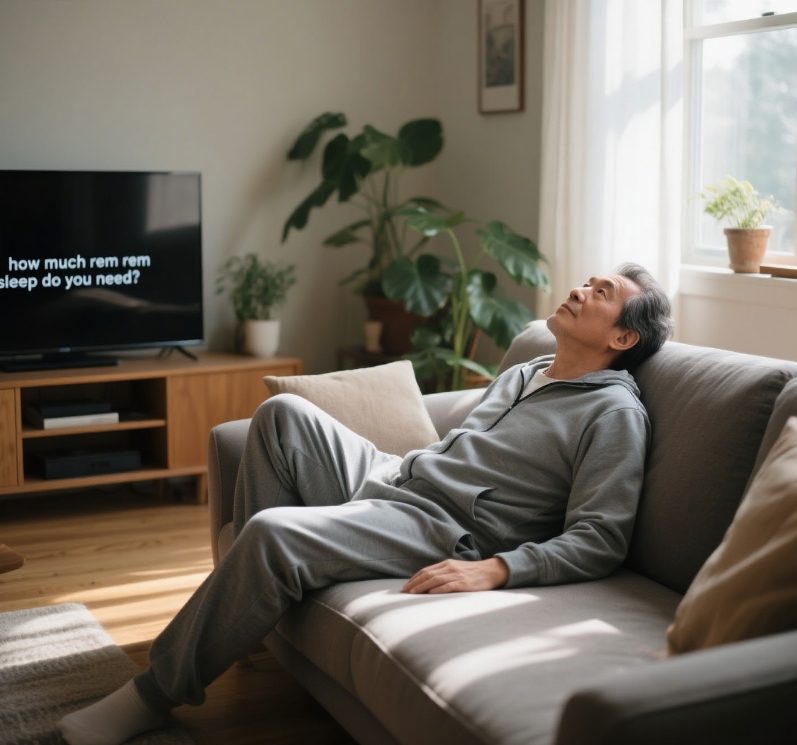The 8-Hour Sleep Myth: What Science Really Says About Your Sleep Needs
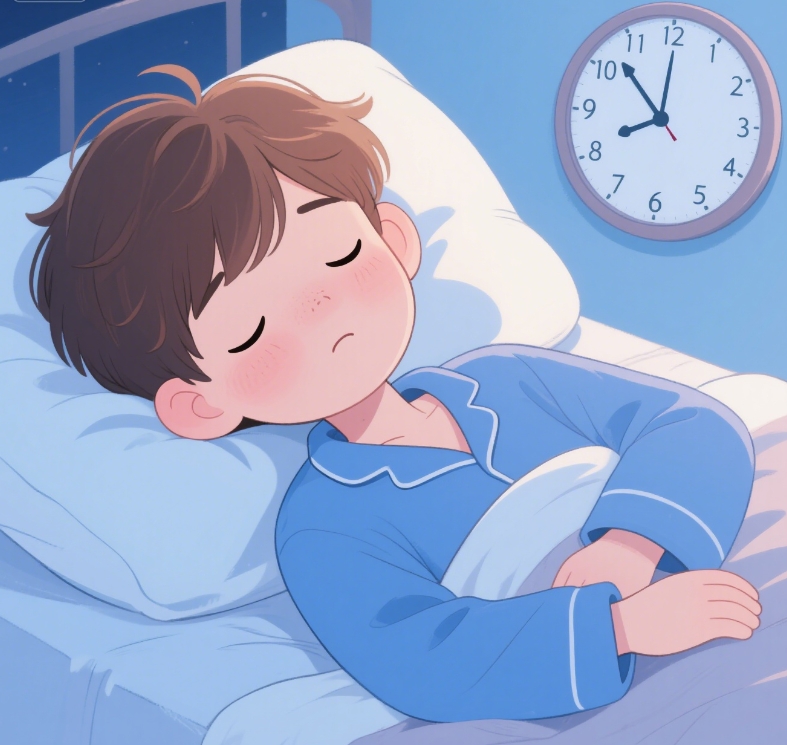
Smith
writer | doctor
The Startling Truth About Sleep Duration
When 48.5% of Chinese adults struggle with insomnia (2025 China Sleep Health White Paper), the American Academy of Sleep Medicine quietly shifted their recommended sleep range for healthy adults from "7-9 hours" to "6-9 hours." The reality of sleep is far more complex than a single number. For decades, we've clung to the 8-hour rule as sacred truth, but emerging research reveals our sleep needs are as individual as fingerprints.

Breaking Down Sleep Needs by Age
Your sleep requirements evolve dramatically across your lifespan. According to the latest clinical guidelines from the American Academy of Sleep Medicine and Tsinghua University's longitudinal studies:
| Age Group | Recommended Hours | Critical Risk Threshold | Key Research |
|---|---|---|---|
| 18-25 years | 7-9 hours | <6 hours → 27% cognitive decline | Harvard Medical School 2024 |
| 30-60 years | 7-8 hours | <5.5 hours → +3 biological years | Tsinghua University Aging Study |
| 65+ years | 7-8 hours | >9 hours → 53% dementia risk | National Sleep Foundation |
Why Quality Trumps Quantity
Your sleep tracker's duration count means little without quality. The real magic happens during specific sleep stages:
The Two Pillars of Restorative Sleep
Deep Sleep (20-25% of total): Your body's maintenance crew repairs tissues and boosts immunity. Missing this phase is like skipping annual car maintenance - problems accumulate silently.
REM Sleep (20-25% of total): Your brain's filing system organizes memories and regulates emotions. After 3 nights of disrupted REM sleep, emotional stability declines to levels matching 0.08% blood alcohol concentration - legally drunk (UC Berkeley Sleep Lab).
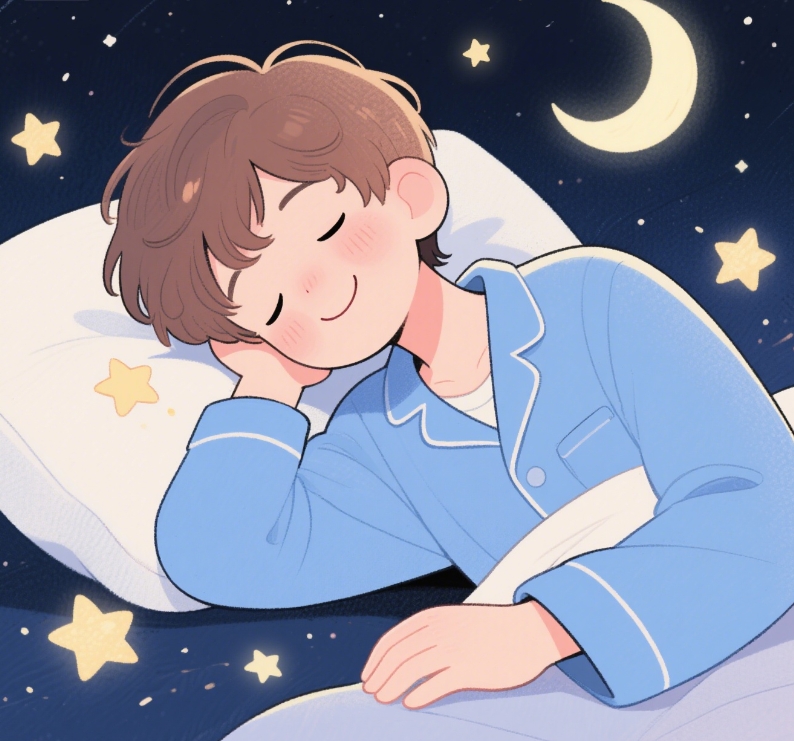
The Great Sleep Debate: Short Sleep Genes
When CEOs and celebrities boast about thriving on 4-hour nights, science offers a reality check:
| Belief | Scientific Evidence | Practical Reality |
|---|---|---|
| "Short sleep gene" DEC2 mutation | Exists in <0.01% population (Cell Journal) | More likely you're accumulating sleep debt |
| 5-hour sleepers live longer | J-shaped mortality curve shows 7 hours optimal (UCSD/Tsinghua data) | Consistency beats occasional long nights |
Your Personal Sleep Prescription
Forget generic advice. Your lifestyle demands customized solutions:
Sleep Quality Self-Assessment
Rate your nightly experience (0-4 points per category):
- Falling asleep: >30 min (0) | 15-30 min (2) | <15 min (4)
- Night awakenings: ≥3 (0) | 1-2 (2) | 0 (4)
- Morning refreshment: Exhausted (0) | Moderate (2) | Energized (4)
Scoring <8? Prioritize sleep quality improvements immediately.
Occupation-Specific Sleep Solutions
| Profession | Core Challenge | Science-Backed Solution |
|---|---|---|
| Tech Workers | Blue light melatonin suppression | 20-20-20 rule + amber lens glasses after 8PM |
| Shift Workers | Circadian rhythm disruption | 0.5mg melatonin before daytime sleep (WHO guidelines) |
| Students | Delayed sleep phase | 10-min morning blue light therapy (AAP recommended) |
When to Seek Professional Help
Sleep issues sometimes signal deeper problems. Consult a specialist if you experience:
- Consistent sleep quality scores <6 for 1 month
- Uncontrollable daytime sleepiness (potential narcolepsy)
- Loud snoring with breathing pauses (sleep apnea risk)
Chinese readers take note: Traditional Chinese Medicine's "ziwu" sleep theory (11PM-1AM gallbladder repair) aligns remarkably with Western science's deep sleep window. Northern residents: Winter humidity below 30% disrupts sleep - maintain 50% RH with humidifiers.
The Verdict: Listen to Your Body
After analyzing 1.2 million sleep records, Johns Hopkins researchers concluded: "The healthiest sleepers follow their body's signals, not clocks." Here's your 3-step action plan:
- Track: Complete sleep quality assessments for 3 nights
- Experiment: Implement 1 occupation-specific solution
- Evaluate: After 21 days, measure energy changes
Remember that 72-year-old Japanese fisherman who swears by 6-hour nights? His secret isn't magic - it's 45 years of consistent 9PM bedtimes. Your perfect sleep duration emerges when you marry science with self-awareness. Start tonight.
